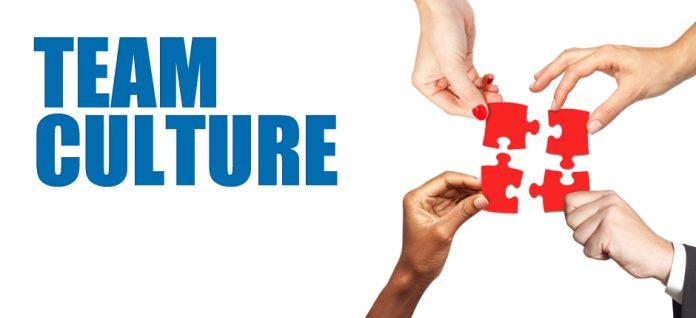Team culture has a huge impact on how a sports team functions and performs. How the members of the team think, feel, behave, and perform are all influenced by the environment in which they practice and compete. As per Stacy Danley, every sports team has a culture. Team culture is a measure of the observable behaviors of the players in a team, and can lead to effective and productive outcomes in the field.
Stacy Danley underlines the important pillars of the team culture
Culture is considered to be the expression of the values, attitudes, and goals of a team and the relationship between the players. It tends to determine whether the team is focused on winning, improvement and fun, or if it promotes team success and individual accomplishments. The team culture is extremely important as it influences the team functioning and performance directly. The culture tends to establish norms of acceptable behavior on a team, either implicitly or explicitly conveying to members what is allowed and what is not. Such norms may dictate to team members how to deal, cooperate, communicate and behave with conflict. If clear norms are established, each player on the team is more likely to abide by them.
The culture of a team helps build an atmosphere that permeates every aspect of a team’s experience. Team culture ideally comprises of three key pillars that support the performance and functioning of the team, which includes values, attitudes, and goals.
Values are commonly defined as standards or principles of behavior; and tend to involve the judgment of what is important in life. According to Stacy Danley, values are extremely important as they tend to guide the choices and decisions made by players as a team and even as individual. Whatever the athletes’ value the most is where they would devote the most of their time, effort, and energy. The values important to individual and team success include:
- Purposefulness
- Quality
- Teamwork
- Humility
- Trust/openness
- Hard work and best efforts
- Respect for self and competition
- Taking ownership, and making no excuses
Attitudes are often defined as the manner in which a person thinks and feel about something. Attitudes are important as they guide how the players think, feel, and act toward their sport. Attitudes helpful in sports include:
- Experiment
- Never give up
- Seek out discomfort
- Process, not outcome
- Challenge, not threat
- Mistakes or failures are good
Goals are essentially the object of the effort or ambition of a person. Goals are important for players to motivate them and to direct their efforts. Goals important for a team include:
- Will to win
- Persistent focus
- Proper preparation and practice
- Respond positively to adversity
- Support and communication
As per Stacy Danley, coaches must work with the players to develop values, attitudes, and goals that best fit their team. Successful teams tend to attribute their sustained excellence to a strong, positive team culture. A good team culture creates a legacy that extends beyond individual players or seasons. It can become a defining characteristic of the team, and even inspire future generations of athletes and coaches to uphold those same values.
